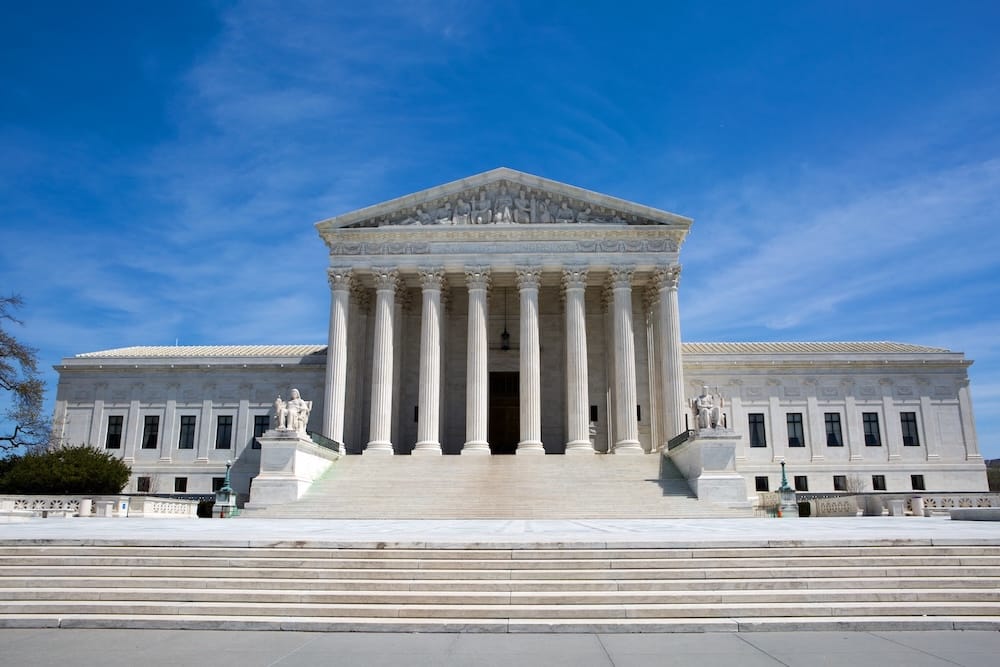

Supreme Court Delivers Landmark Ruling for Parents
In a significant decision on June 27, the Supreme Court ruled in favor of parents in Montgomery County, Maryland, granting them the right to opt their children out of school lessons involving books with LGBT themes. This ruling overturns lower court decisions that had previously supported the school district's policy, which did not allow such opt-outs. The decision is seen as a major victory for parental authority over educational content that may conflict with personal or religious beliefs.
The case, centered on the Montgomery County school system, involved a group of religious parents who argued that exposure to certain storybooks violated their right to guide their children's upbringing. The court's ruling emphasizes the importance of accommodating parental objections based on faith, particularly in elementary school settings where children are at a formative age.
Details of the Montgomery County Case
The dispute arose when the Montgomery County school board implemented a curriculum that included books with gay and transgender themes, without providing an option for parents to exempt their children. A coalition of parents challenged this policy, asserting that it infringed upon their religious freedoms. The Supreme Court's decision reverses prior rulings by lower courts, which had sided with the school district, stating that the policy did not interfere with the parents' right to free exercise of religion.
This ruling specifically addresses the concerns of families in a district known for its diverse religious population, with over 160,000 students representing various faiths. The justices underscored that forcing children to participate in lessons contrary to their family's beliefs was an overreach by the school system, setting a precedent for similar cases nationwide.
Implications for Parental Rights and Education
The Supreme Court's decision is expected to have a broad impact on how schools handle curriculum content that may conflict with personal or religious values. It reinforces the notion that parents should have a say in what their children are exposed to in the classroom, especially on sensitive topics. This ruling may encourage other districts to reevaluate their policies to ensure they respect parental input.
As this decision ripples through educational systems, it serves as a reminder of the balance between public education and individual rights. The focus remains on protecting the ability of families to instill their values, particularly in early education, where foundational beliefs are often shaped.
Dues are $12 per year. Member benefits:
✅ Ad-Free Website Viewing
✅ Advocacy for Republican Seniors
✅ 120+ Senior Discounts
✅ Member Only Newsletters